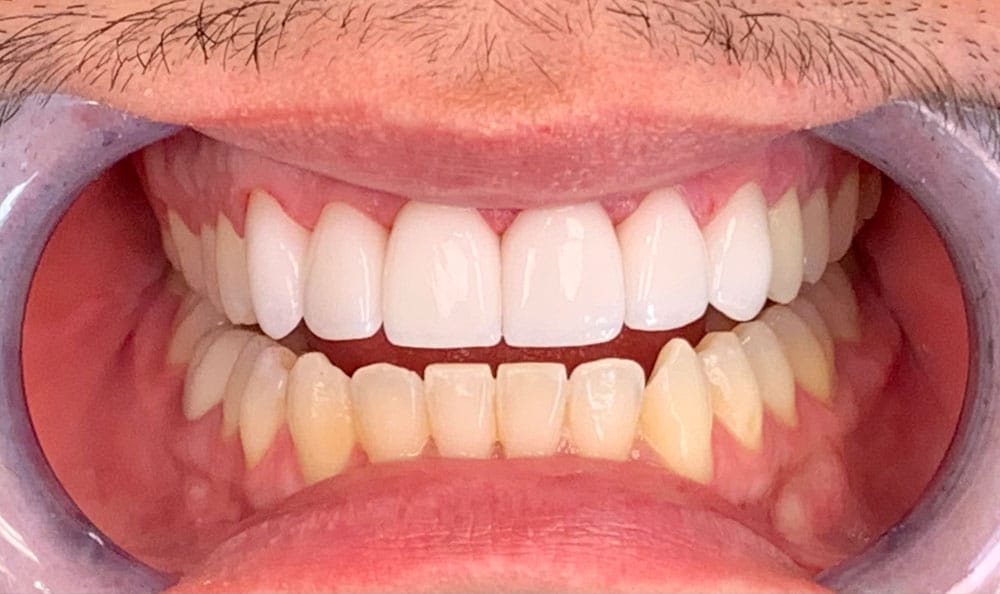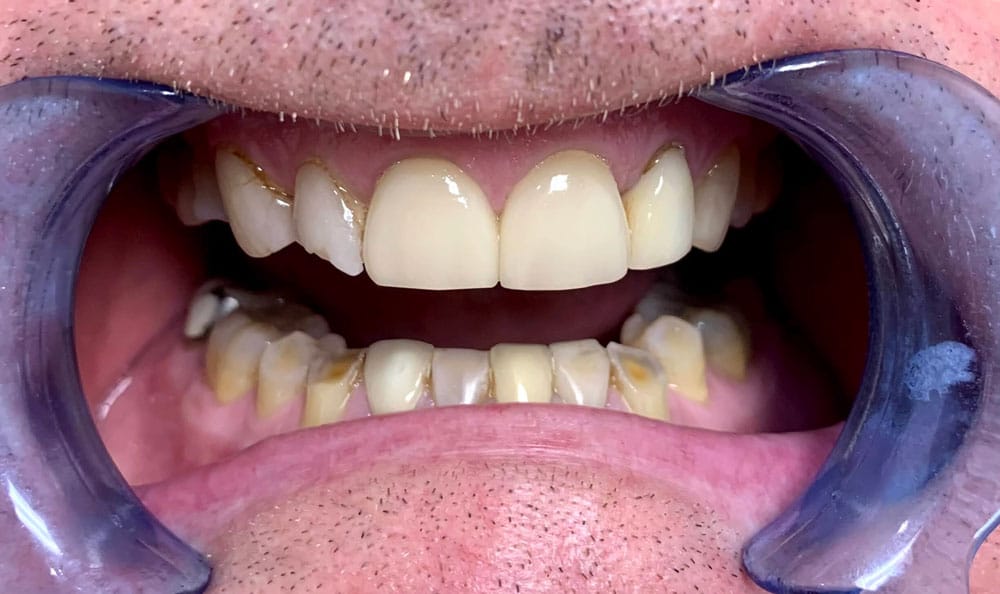Risks And Benefits Of Root Canal Treatment
Root canal treatment is a standard remedy for dental infections deep inside the tooth's core. Unfortunately, dental infections are common because of the large amount of germs in the mouth brought on by eating, drinking, and natural occurrences.
Regrettably, there is a perception that root canal therapy is a highly unpleasant and unsavoury procedure. However, root canals are now a nearly painless and straightforward treatment with advancements in dentistry procedures and sedation/anaesthetic choices. If you are in a situation due to a dental issue or an accident, there are tooth replacement options to suit various needs and budgets.
Knowing the advantages
The following are the main advantages of root canal therapy:
Alleviate the infection's symptoms.
Many patients with infected root canals experience the following symptoms:
- Moderate to severe jaw or tooth discomfort
- Sensitivity in the mouth's surrounding area
- A bad taste or odor arrives from the tooth disease.
- High temperature
- Swelling in the jaw or gums surrounding the diseased tooth
- Having trouble opening your mouth to eat

Avoid extraction
Untreated infection can loosen teeth within the jaw, increasing the possibility that they will need to be extracted or may fall out on their own. This can be avoided with root canal therapy, sparing you from an unsightly gap or needing more involved care like dental implants. If you are very nervous, you can have it while sedated.
Patients who experience moderate anxiety or who have a dental phobia frequently opt for sedation dentistry.
Enhanced look
The appearance of your diseased tooth may differ slightly from the neighbouring teeth due to fissures, stains, and color changes brought on by decay and destruction. A crown may be used to restore a tooth undergoing root canal therapy. Because the crown can be coloured to match the neighboring teeth, it can significantly enhance the tooth's appearance and give you a natural smile.
Root canal therapy risks
Anguish
You shouldn't experience any pain during the therapy itself because of the anaesthesia that will be given to you. Still, some soreness in the days that follow the surgery is quite typical. An over-the-counter analgesic can relieve this discomfort, varying in intensity from a dull aching to a brief, intense agony. Sometimes, there are traces of germs left in the tooth, leading to discomfort and infection in the weeks or months following treatment.
Erosion of the seal or filling:
The filling used to seal the root canal may deteriorate with time. If this occurs, germs might be able to re-enter the tooth's root and start the infection there. To reduce the likelihood of this occurring, your 24 Hour Dentist Near Me can advise you on how to take care of your teeth following therapy.

Unseen fissures in the root
Teeth with microscopic fissures run the risk of developing bacteria and becoming infected again. Therefore, your dentist should thoroughly examine your teeth to ensure that no cracks go unnoticed.
Why Is a Root Canal Required?
A root canal is required when a tooth's pulp—the soft tissue inside—becomes infected or inflamed due to deep decay, trauma, or other dental problems. Pain, swelling, and even abscesses may result from the infection's spread to nearby tissues if treatment is not received. If you do not receive treatment right away, you may be able to save the tooth and avoid the development of more severe issues. You must see Emergency Dental Care for your dental examinations if you have any emergencies.
To wrap it up
Maintaining good oral health requires understanding the significance of root canal therapy. You can avoid problems, lessen discomfort, and save an infected tooth from extraction by not postponing treatment. Arrange with a root canal specialist if dental work is needed; they can offer skilled and considerate care.
Comments
Post a Comment